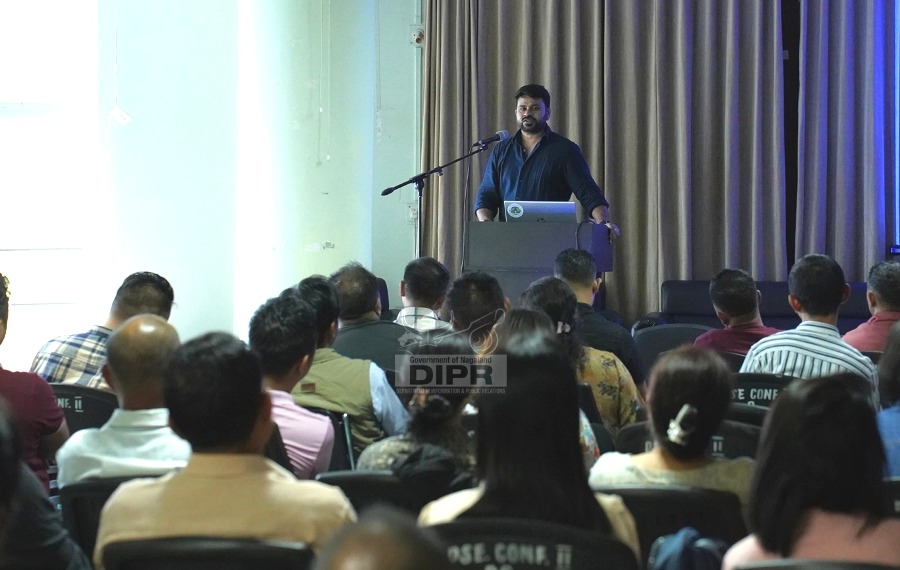Nagaland Education Project-The Lighthouse conducts orientation on ‘School transformation strategy.’
Share

DIMAPUR — The Nagaland Education Project-The Lighthouse (NECTAR) conducted a two-day orientation on ‘School transformation strategy’ for the Lighthouse School Complex Implementation Teams (LSCIT) and LSC managers at the Directorate of School Education (DoSE), Kohima, on August 5 and 6.
The orientation, according to a DIPR report, aims to implement a comprehensive approach to boost school quality, governance, and student performance in Nagaland's 16 Lighthouse School Complexes (LSCs).
Avelu Ruho, Joint Secretary of School Education and Deputy Project Director of NECTAR, highlighted the origins of the Lighthouse School Complexes (LSCs) concept.
She noted that it was conceived in 2019 by Menukhol John, former Principal Secretary of School Education and SCERT. The objective was to transform government schools from neglected institutions to community-driven models with modern infrastructure, improved teaching practices, and shared resources.
The official mentioned that the school transformation strategy is drawn from the National Education Policy 2020 and extensive community consultations across Nagaland.
Informing that the school transformation will be implemented in Meluri district as well, Ruho urged the implementation teams to see themselves as key players in a mission to reshape the future of children in Nagaland.
Director of School Education, Razouseyi Vese, stated that education goes beyond passing exams and emphasised the importance of educating children to become employable as well as individuals with good character.
He informed that the department's vast human resources are pivotal to the state's progress, and their efficiency is crucial. Highlighting the importance of grassroots-level efforts, he encouraged the implementation teams to drive meaningful change in their respective schools.
In his concluding remarks, Principal Director of DoSE, Shashank Pratap Singh, stated that the department highly depends on human interaction among school administrators, teachers, students, and the community.
Therefore, creating infrastructure would be impactful only if there is collaboration and exchange among all these stakeholders, the official stated.
Singh noted that the funding-to-number of schools ratio in Nagaland is relatively high, and the additional opportunity presented by the NECTAR project should not be missed.
He encouraged the school heads to approach additional work positively as a responsibility and not as a burden. He also interacted with the teams and received their inputs.
The school transformation design team guided the orientation, which included comprehensive sessions on roles, legal frameworks, technology integration, vision and mission development, curriculum planning, and operational implementation.
Following the training, the implementation teams will oversee the execution of these interventions in their respective LSCs, it stated.